
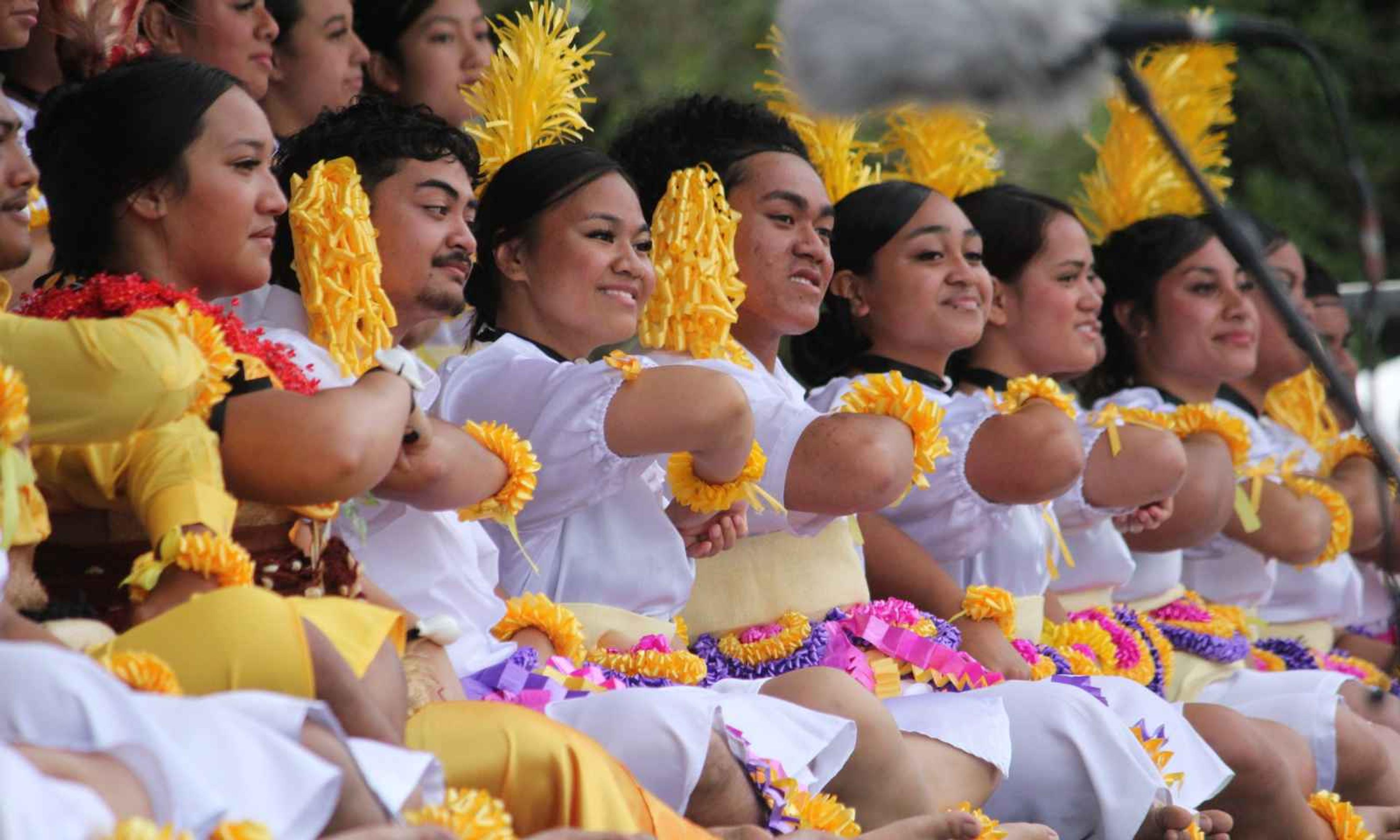
The Ōtara-Papatoetoe Local Board wants to celebrate Polyfest’s 50th anniversary at its home location, continuing a 28-year tradition.
Photo/File
Local board commits $64k to keep Polyfest in Ōtara
The Ōtara-Papatoetoe Local Board wants to keep the 50th Polyfest in its hometown, but the decision comes at a cost.

Polyfest will remain in Ōtara for its 50th anniversary after the local board offered $64,500 to fill a funding shortfall, but it means other community groups will miss out on support.
The annual secondary school festival, which began in Ōtara in 1976 to celebrate Pacific and Indigenous culture, has grown into one of the largest Pacific festivals in the world.
Ōtara-Papatoetoe Local Board chair Apulu Reece Autagavaia said there was unanimous support at Tuesday night’s local board meeting to keep the festival local.
Festival organisers requested $64,500 to ensure Polyfest happens in Ōtara for the 50th anniversary, Apulu said.
“This is a lot of money, but [it is necessary] to ensure that Polyfest happens next year in Ōtara; otherwise, they were looking at taking it to Takanini.”
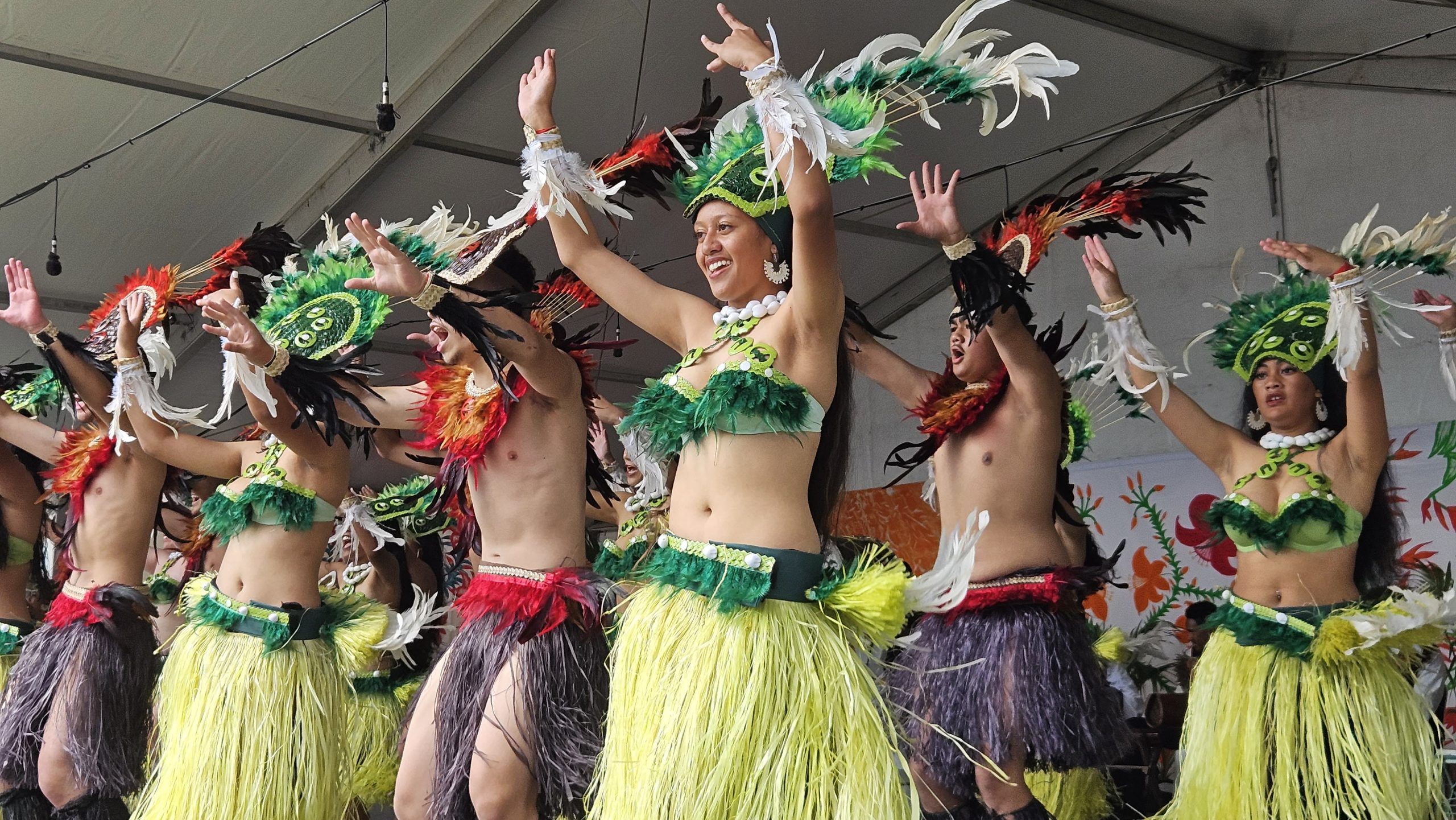
Hosted by various schools before moving to the Manukau Super Bowl in 1996, Polyfest has become a cornerstone of local identity (file photo from Polyfest 2024). Photo / RNZ Pacific / Tiana Haxton
Despite financial concerns, the board’s deputy chair, Vi Hausia, said keeping the event local was vital.
“It’s really important that we do what we can to support Polyfest being here at home, here at Polyfest’s home, which is in Ōtara, which is our local board area.”
Hausia also acknowledged the impact on other community groups that should have paid more attention to funding.
Hausia said that the groups had legitimate reasons for help, and some did not have other funding options.
Next year’s Polyfest has already received $75,000 from Auckland Council’s Regional Events Fund.
Polyfest also has major corporate sponsorships, such as ASB Bank, but Hausia said there was still a funding shortfall.
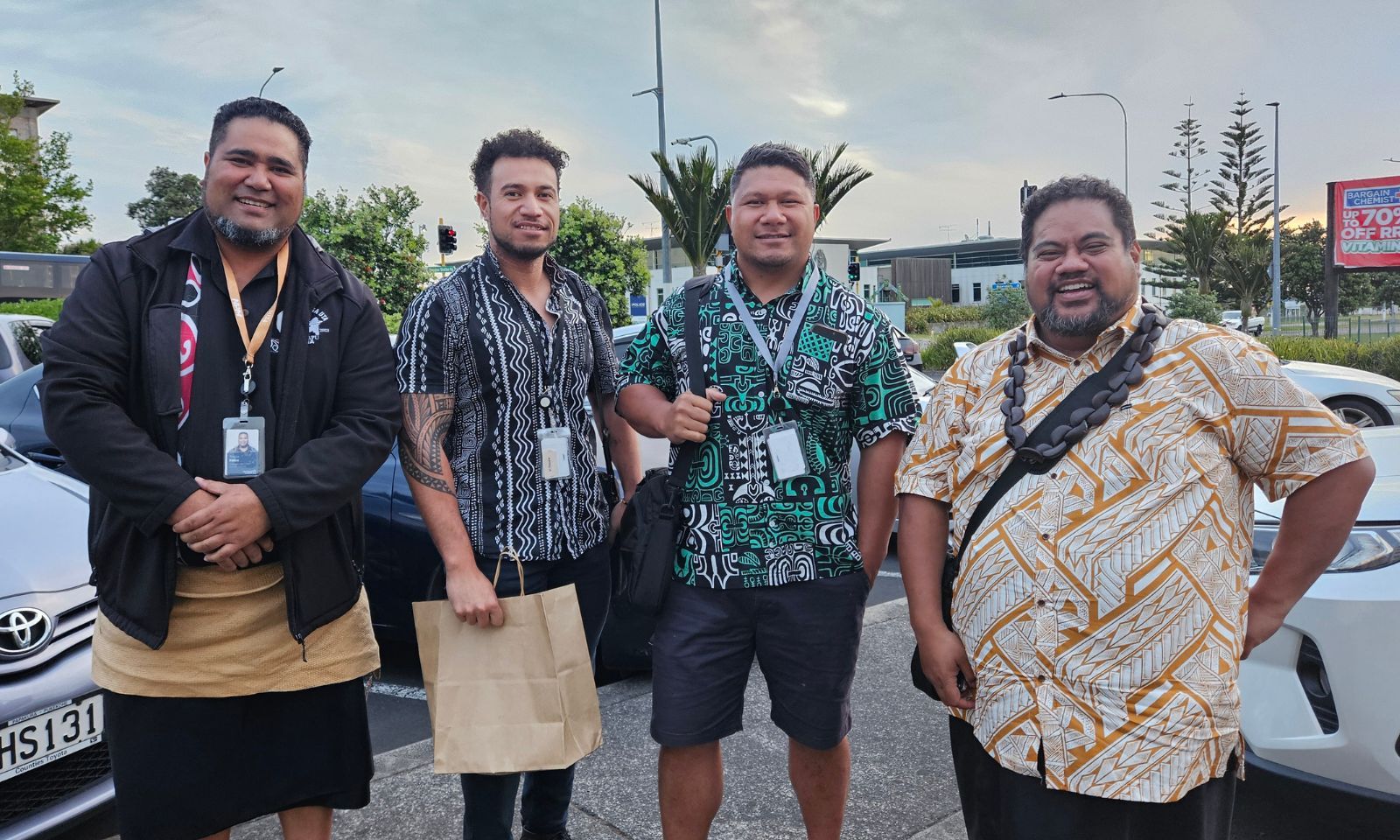
The board unanimously voted to support the funding, despite discussing the challenges. From left to right: Topou Folau, Vi Hausia, Li’imanaia Lorenzo Kaisara, and Apulu Reece Autagavaia. Photo / PMN News Mary Afemata
“We were left with a hard decision to make, which was to commit $64,500 to support Polyfest being held in our local board area.”
The funding covers a bond required by the Greyhound Track Club, the event’s venue.
Hausia questioned the bond payment and described it as a “lose-lose situation” for them.
Apulu noted the challenge of navigating funding cycles.
Because the board's financial year ends in June and Polyfest is around April, it’s a matter of when the bond is no longer needed, and if it will be released in time, he said.
“If [the bond money] gets to us outside of the financial year, then it won’t come back to us as a local board; it will just go as savings to [the] Auckland Council.
“The sooner we know that the money’s coming back to us, we can start planning how to use that money."
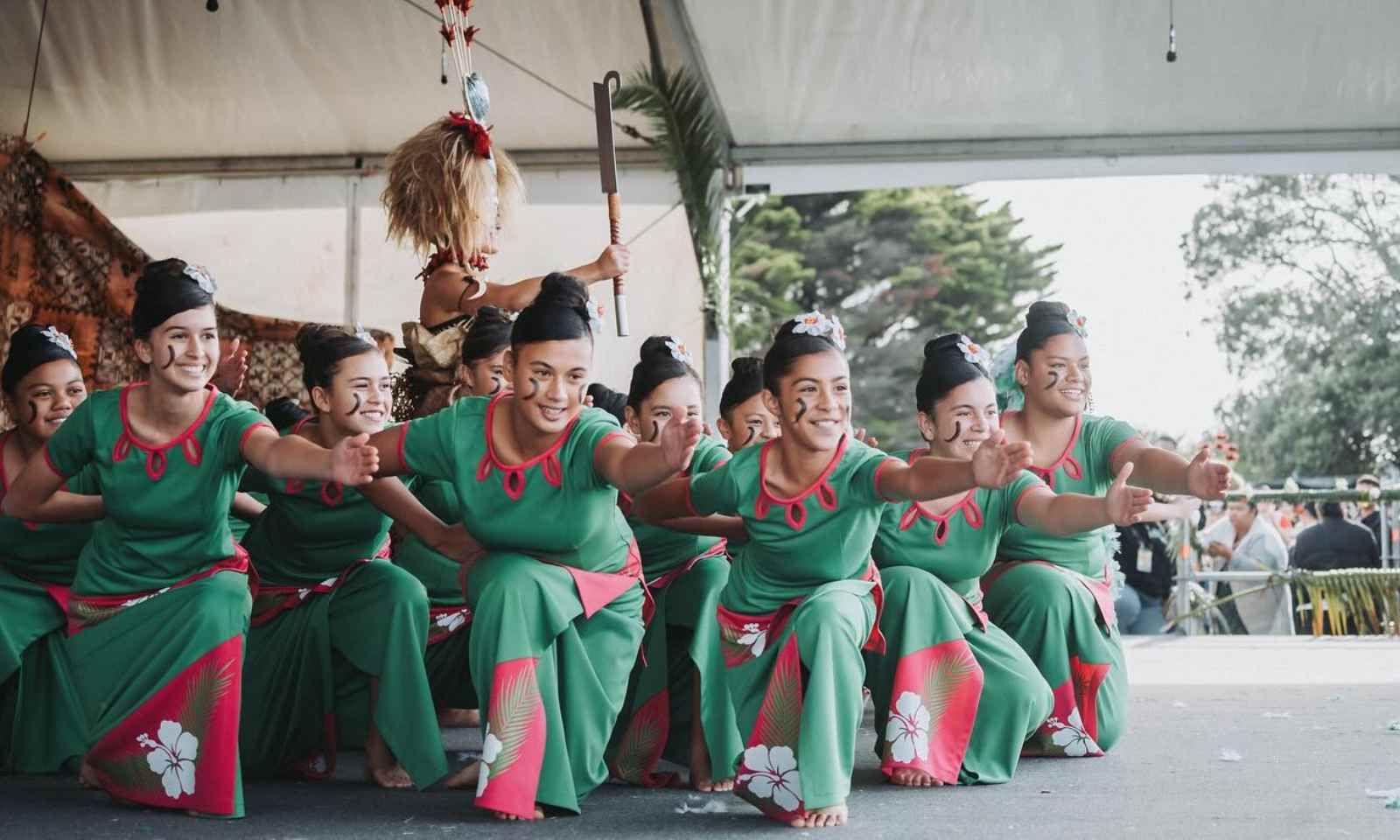
Local board member Tupou Folau emphasised the festival’s value to the community and its legacy. Photo / File
He added that the money could be lost and not returned to Ōtara-Papatoetoe.
Local board member Dr Ashraf Choudhary questioned the funding distribution and said it should have regional backing from Auckland Council.
“I’m really surprised they’re asking us to put so much money from our meagre resources,” Choudhary said.
“Have other local boards in South Auckland contributed anything?”
Local board member Li’amanaia Lorenzo Kaisara said the significant contribution from the Ōtara-Papatoetoe should be acknowledged.
“It might mean that one of the stations has to be called the Ōtara-Papatoetoe Local Board Stage.”
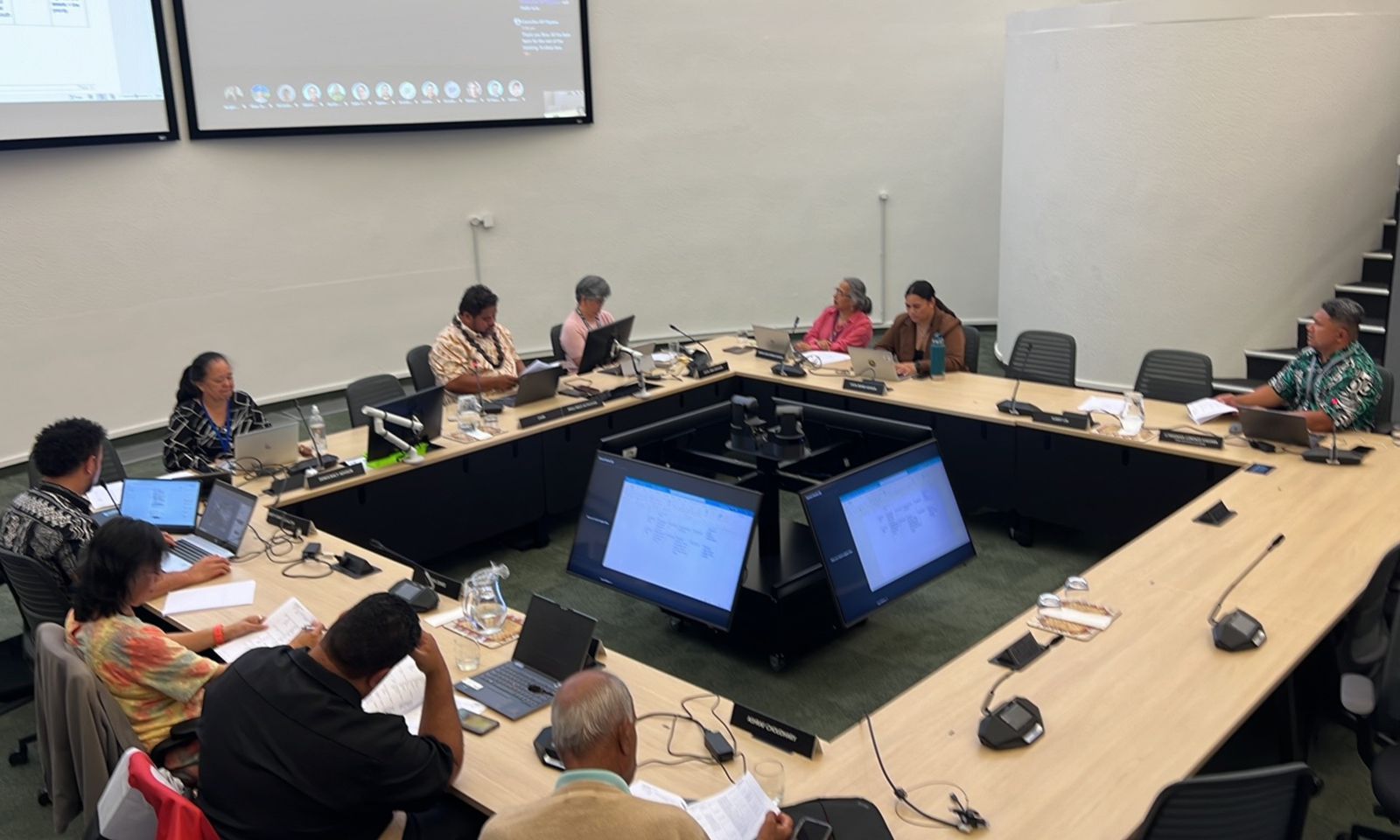
The Ōtara-Papatoetoe Local Board is dedicated to celebrating Polyfest in Ōtara, where it started 50 years ago. Photo / PMN News Mary Afemata
Other board members defended the decision, citing the significance of Polyfest to the community.
“There is a far greater risk than $50,000 if a decision were taken that may lead to a decline or withdrawal of this application,” said Dr. Ofa Dewes.
Tupou Folau agreed and emphasised the festival’s value to the community and its legacy.
“We have over 200,000 people who attend this. A huge amount of that is our local people, so it’s a pretty sound investment.
“The people who started it 50 years ago will probably be proud of us for this decision to continue.”
LDR is local body journalism co-funded by RNZ and NZ On Air.



